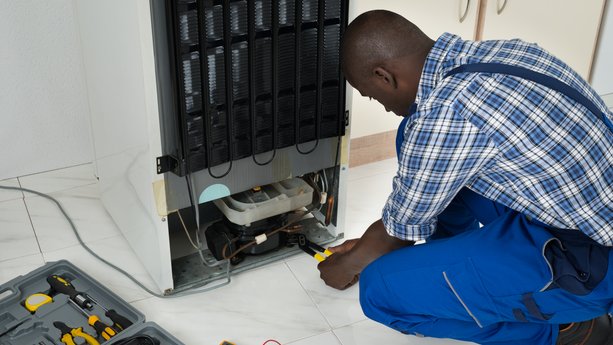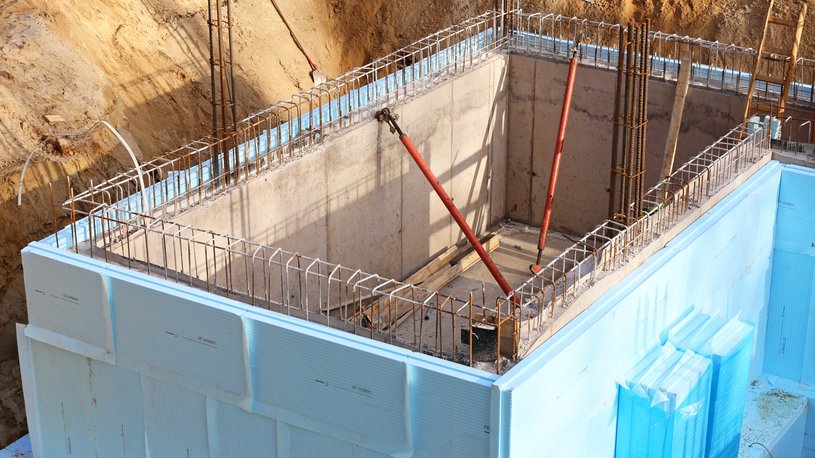HFC-free technologies are increasingly being used as blowing agents for insulating foam. A group of experts discussed the topic at a workshop.
On 23 November 2021, the online workshop "Development of foam activities and training update" was held in Iran. It was organized by GIZ Proklima and included nearly 50 participants from the National Ozone Unit, beneficiaries, commercial and domestic refrigeration technicians, UNDP and UNIDO representatives. The focus was on the implementation of activities and trainings on foam in the context of the COVID-19 pandemic.
The workshop started with a short welcome by the GIZ Proklima Programme Manager Bernhard Siegele, followed by Dr Ebrahim Hajizadeh (Director of the National Ozone Unit), UNDP and UNIDO representatives. In about 4 hours the following topics were discussed:
- the development of all-water-blown integral skin foam,
- the development of environmentally friendly pre-blended polyol and pentane for the commercial sector,
- the selection of injection holes for foaming in refrigeration cabinets and the flow path of the foam.
Later, two well-known Iranian system house companies, Kaboodan chimie (abre en una nueva ventana) and Mokarrar (abre en una nueva ventana), gave a comprehensive presentation with a video clip on physical and chemical foam tests.
Background: Global foam production
Global foam production is constantly growing as demand for insulation foams for buildings and appliances rises. Proper insulation of buildings is one of the most effective ways to reduce CO2 emissions and is considered an important means to achieving more energy-efficient design for commercial and domestic buildings in the future. In the past, HFCs have been widely used as insulation foam blowing agents. The problem: they are highly damaging to the environment.
For many foam applications, HFC-free technologies have already been successfully implemented and are now widely recognised as suitable, cost-efficient blowing agents in industrialised and many developing countries. Beside water-blown blowing agents, hydrocarbons are now preferred in the manufacturing of refrigeration appliances in many regions and are entering other applications.


